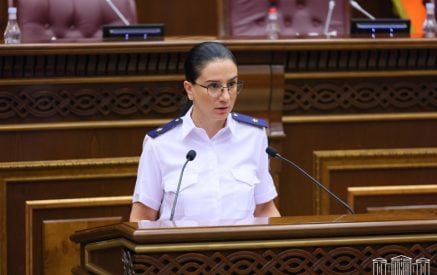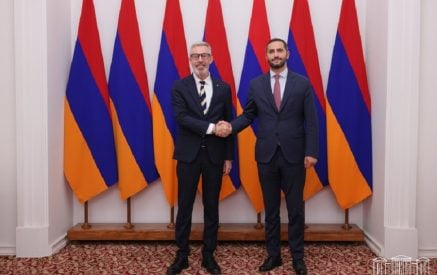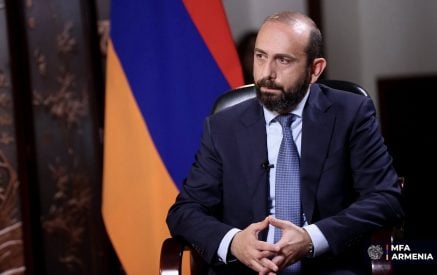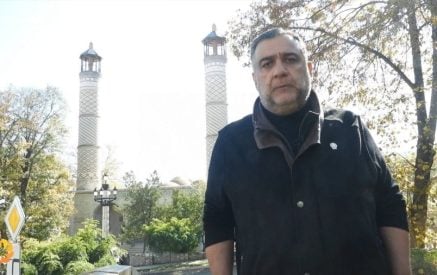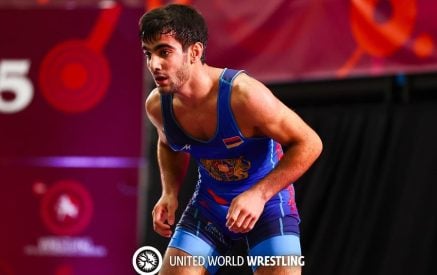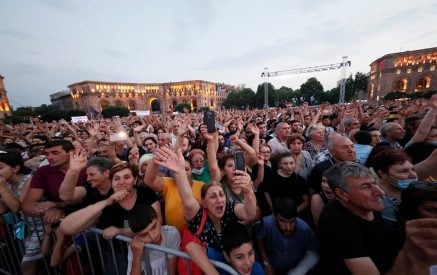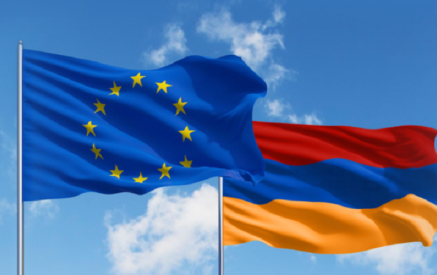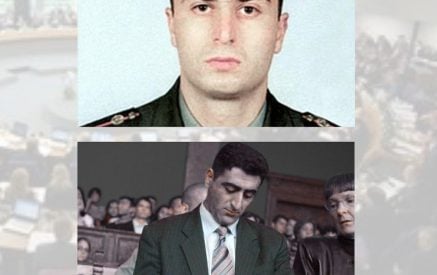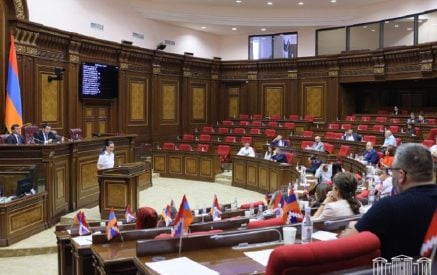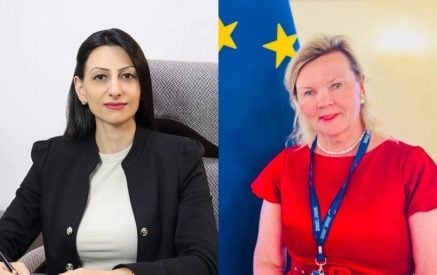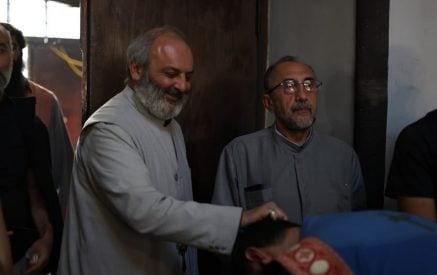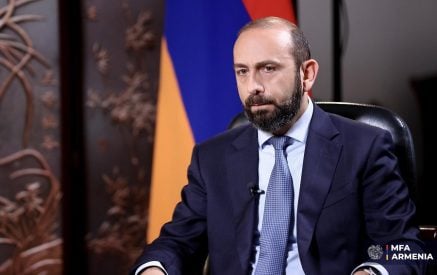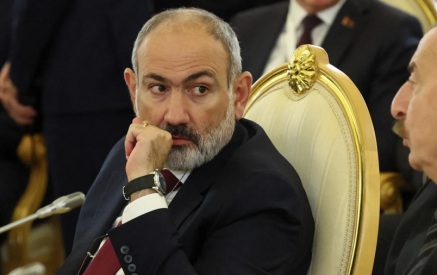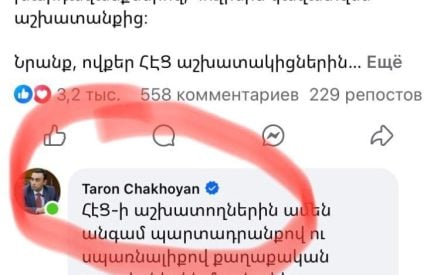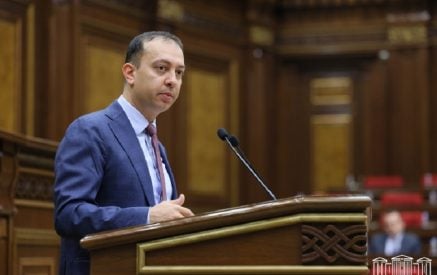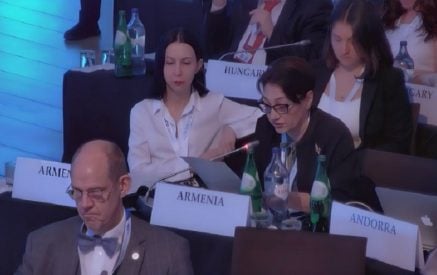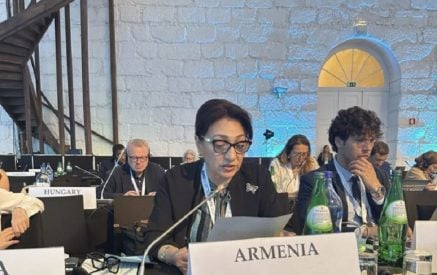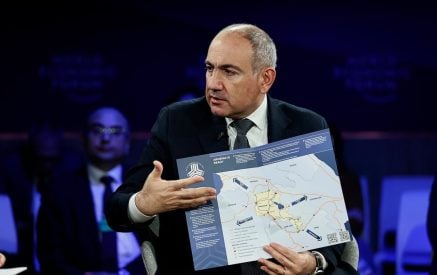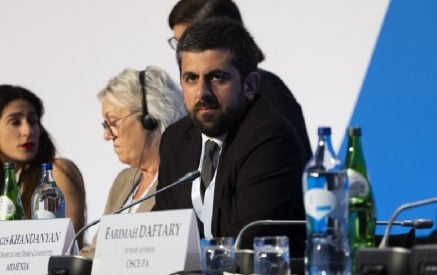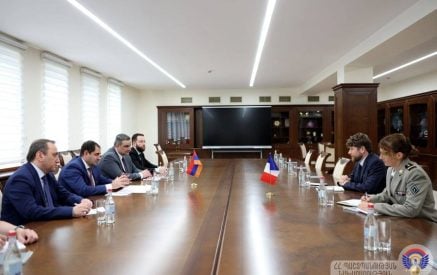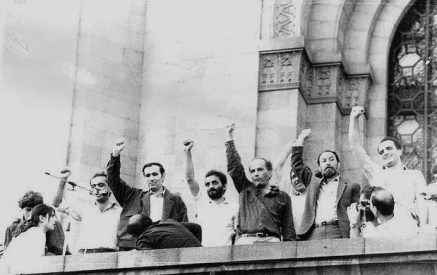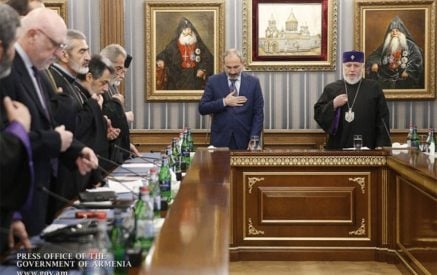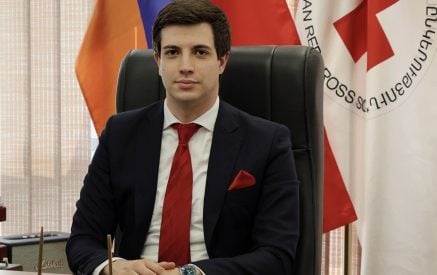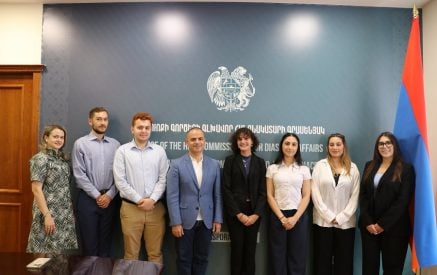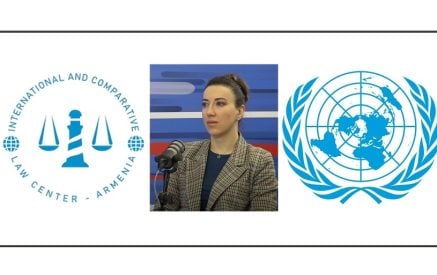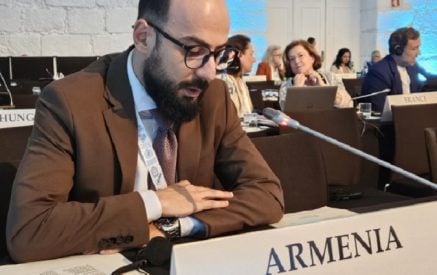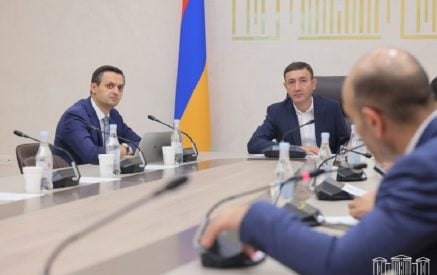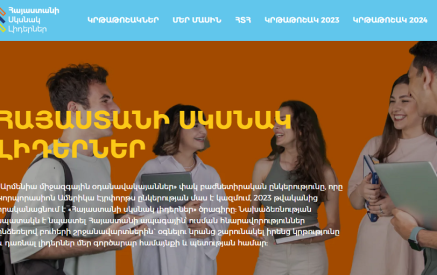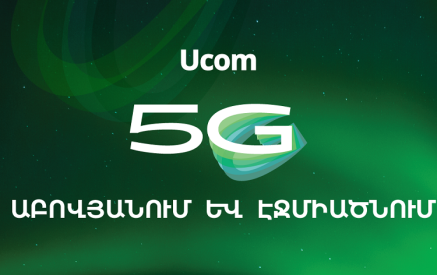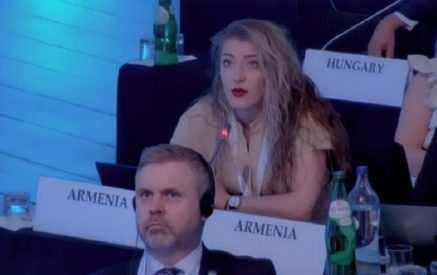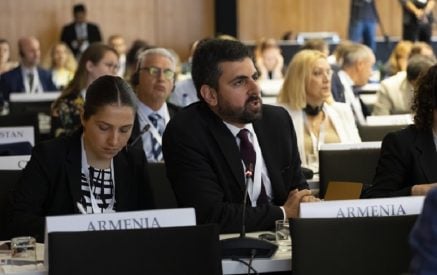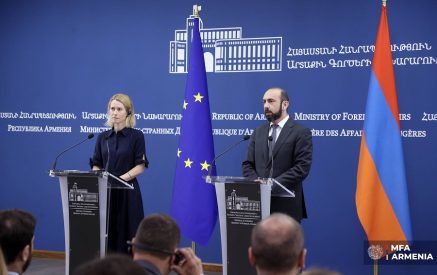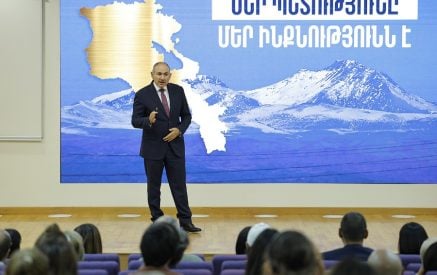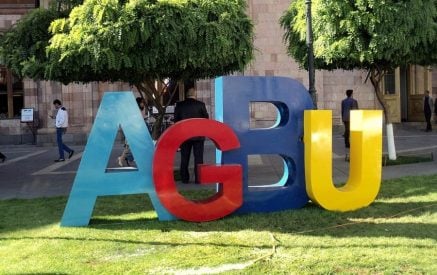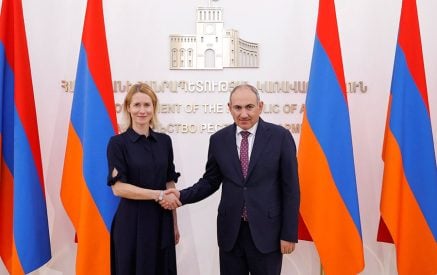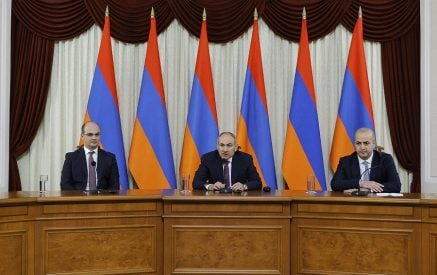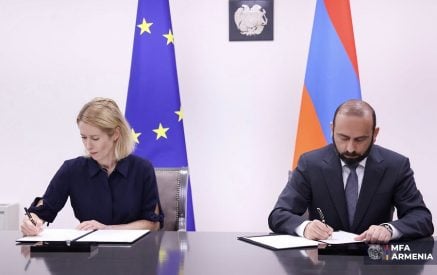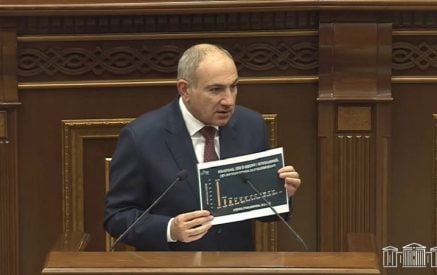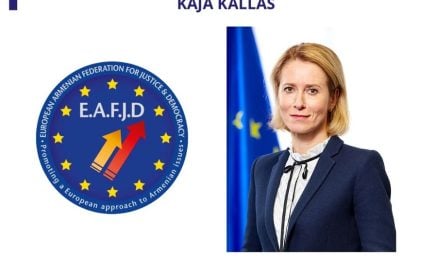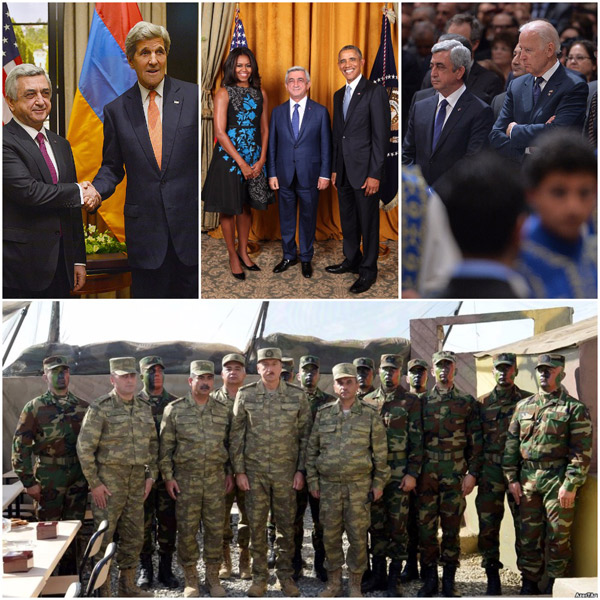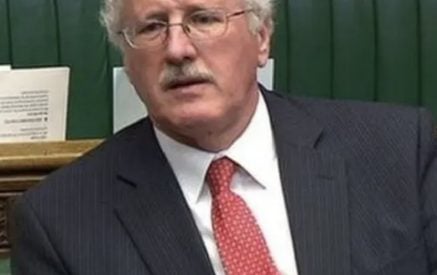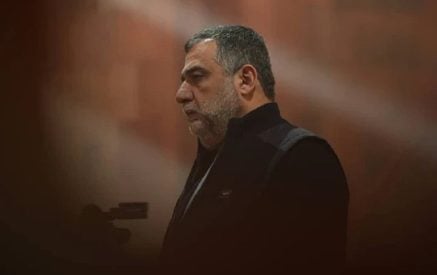The US speaks out about Nagorno-Karabakh status, the use of mechanisms for investigating the border incidents and Baku’s militaristic policy
Recently, the US State Department has decrypted the transcript of the briefing of the two senior officials after the Sargsyan-Aliyev meeting on May 16 in Vienna. First of all, the US officials have noted that the Armenian and Azerbaijani sides had around 350 losses in the fight on April 2-5. Given the fact that unlike Azerbaijan, the Armenian side does not hide its losses and has published the names of the victims, we can state that thus the Azerbaijani side had 250 casualties. Referring to the four-day war, the State Department representative emphasized that the Azerbaijani side has paid a very high price for those territories that are not so important as reported by the Armenian side. This, in fact, is the idea repeatedly pronounced by Serzh Sargsyan, which Washington also considered it necessary to underline.
Referring to the goal of the meeting in Vienna, the State Department officials stressed that the goal of the meeting was to be sure that the parties remain committed to the 1994 ceasefire agreement. Note that the 1994 ceasefire agreement was signed by Nagorno-Karabakh with Armenia and Azerbaijan, and reminding of it at the level of the State Department can only be imagined what a diplomatic slap it is for Aliyev who last month, at the UN General Assembly and the Security Council, are circulated a letter with which he was trying to annul the tripartite ceasefire agreement on May 12, 1994. The other important factor is that the State Department representative says that one of the important issues that must be resolved is the issue of status of Nagorno-Karabakh, adding that the presidents have agreed that the issue of the status of Nagorno-Karabakh should be determined by the expression of will of its people, the Armenian side wants it to be organized as soon as possible, consequently, the timing and forms for holding a referendum are issued for discussion.
According to the representative of the State Department, “the goal of Azerbaijan is to take the territories around Karabakh under control; for Armenia – it is the status. Hence, it is possible that the presidents would show a will to come out of this situation.” Thus, Washington emphasizes that one of the most important issue pending for the solution is the determination of the status of Nagorno-Karabakh. Determining the status of Nagorno-Karabakh by the expression of will by the people of Karabakh is the most painful issue for Baku. Referring to the issue of Russian peacekeepers, the representative of the State Department notes that none of the parties is in favor for this idea; they are mainly focused on confidence-building efforts. Then, addressing the issue of the observers, the US official said that now the six observers do not solve any major problem, and it is necessary to increase their number as well as introducing a toolset that will enable to fix who violates the truce. In other words, the US once again underlines the importance of introducing mechanisms for investigating ceasefire violations and the incidents on the contact line.
Read also
The State Department official stressed that Azerbaijan is against these measurements and against any measure that maintains the status quo, and now the goal of the negotiations is also to change the approach of Azerbaijan. Moreover, the representative of the State Department states that there are Azerbaijanis who consider that the problem can be resolved only by military means. Why is it important to address the emphases of this quite extensive briefing of the US State Department officials on Nagorno-Karabakh conflict? The point is that in April 2001, under the patronage of the US Secretary of State Colin Powell, the US efforts for the peaceful settlement of Nagorno-Karabakh conflict ended with the Robert Kocharyan-Heydar Aliyev talks held in Key West.
In recent years, the wheel for the settlement of Nagorno-Karabakh conflict is in the hands of Russia, but Russia’s “sponsorship” in the supply of weapons resulted in the fact that Aliyev became the supported of the military solution to the problem. What did Russia do in the meantime in addition to arming Aliyev “to the teeth”? Over the years, we witnessed an impressive building of Russian-Azerbaijani relations in different spheres, now they are already called relations between “strategic partners.”
In general, today, many people have already started talking about the interests of Moscow, stating that unlike the relations with Armenia, Azerbaijan’s significance for Russia is greater, consequently, we must count on ourselves. This is true. But this fact does not obstacle us now too to compare the noticeable differences in the stances of the two OSCE Minsk Group co-chairing countries: the United States and Russia. Today, the United States is talking about the status of Nagorno-Karabakh, the use of the mechanisms for the investigation of border incidents and points out the one who rejects this idea, stressing that Azerbaijan is in favor of a military solution to the conflict, while Moscow is silent about all this.
Lavrov, for example, prefers the preservation of the ceasefire in the context of Russia’s mediation in 2011, which was rejected in the Kazan talks by the efforts of Baku. But now, as the idea of investigating the border incidents belongs to the American side, Moscow pretends not to notice them. Russian Prime Minister Dmitry Medvedev recently noted that Russia has always helped and is helping in the settlement of this difficult conflict. More specifically, on what issue does Russia help Armenia?
To measure Moscow’s gradually pro-Azerbaijani stance on Karabakh issue, one question, for example, can be raised: was the question of recognizing the independence of Nagorno-Karabakh raised in any small Russian town or a remote village by some groups? There is no and will not be such thing. For comparison, let us remember that seven US states: Rhode Island, Massachusetts, Louisiana, Maine, California, Georgia, this year in May already Hawaii have recognized the independence of Nagorno-Karabakh. This is happening in a country that is an OSCE Minsk Group co-chair country like Russia.
Russia’s multi-year negotiation efforts not only failed but also resulted in an outbreak of a new war in April, moreover, after this war, even today Moscow officially refrains from voicing if not a criticism then at least expressing impartial posture against Aliyev’s policy.
EMMA GABRIELYAN “Aravot” daily



